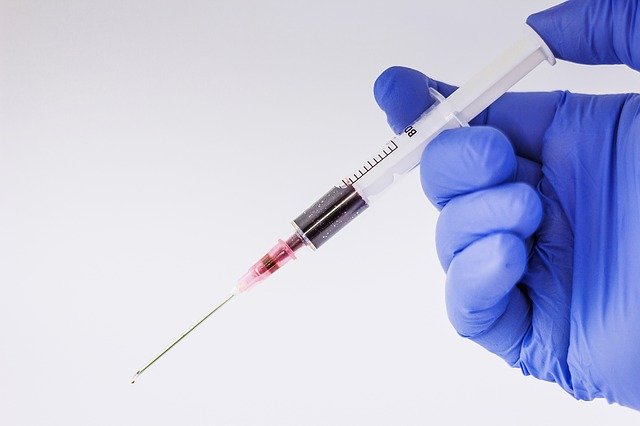
In a recent study from UC San Diego, researchers have developed a new blood test to detect pancreatic cancer fast.
The test, which is currently at the proof-of-concept stage, can rapidly screen a drop of blood for biomarkers of pancreatic cancer. It can provide results in less than an hour.
Pancreatic cancer is expected to become the second deadliest cancer in the United States by 2030.
It is tough to cure because it is usually not discovered until it has reached an advanced stage.
Blood tests for early cancer detection, known as liquid biopsies, are a hot topic in research.
This type of test has the potential to detect cancer early on without having to do invasive surgical procedures like tumor biopsies.
In the study, to screen for pancreatic cancer in the blood, the researchers develop new methods that involve collecting and analyzing nano-sized biological structures called exosomes.
Exosomes are released from all cells in the body, including cancer cells. They contain proteins and genetic material that can be biomarkers for detecting cancers.
But exosomes are very tiny and fragile, they are hard to isolate from blood.
Current methods to extract exosomes are time-consuming and require that blood samples be pretreated or diluted prior to use.
In this study, the test developed by UC San Diego researchers uses an electronic chip-based system to extract exosomes directly from blood in minutes.
It uses just a drop of blood and no extra processing is required.
The test is simple. Apply a drop of blood on a small electronic chip, turn the current on, wait several minutes, add fluorescent labels and look at the results under a microscope.
If a blood sample tests positive for pancreatic cancer, bright fluorescent circles will appear.
This test could be used as a primary screening strategy to identify patients who would subsequently need to undergo more expensive and invasive diagnostic methods like a CT scan, MRI or endoscopy.
If cancer biomarkers are present, brightly colored circles where the antibodies bind can be seen under a microscope, indicating a positive result. This entire process can be done in less than an hour.
So far, the team has only tested this system on a small sample set of patients.
In their small validation study on a group of 31 patients, the test was able to flag the blood samples of 20 patients with pancreatic cancer from those of 11 patients without cancer.
The team cautions that the biomarker levels screened in this study might not represent those in early stage cancer.
Their next steps include studies on a larger sample size, screening more samples from patients at various stages of cancer, and optimizing and validating this technology for early cancer detection.
This project is part of a cross-disciplinary collaboration between nanotechnology researchers at the UC San Diego Jacobs School of Engineering and clinicians at Moores Cancer Center at UC San Diego Health.
The collaboration is led by Michael Heller, professor emeritus of nanoengineering at the UC San Diego Jacobs School of Engineering, who is now at Oregon Health & Science University’s Knight Cancer Institute.
The first author Jean Lewis is an assistant project scientist in the Department of Nanoengineering at UC San Diego.
The findings are published in the journal ACS Nano.
Copyright © 2018 Knowridge Science Report. All rights reserved.
Journal reference: ACS Nano.



